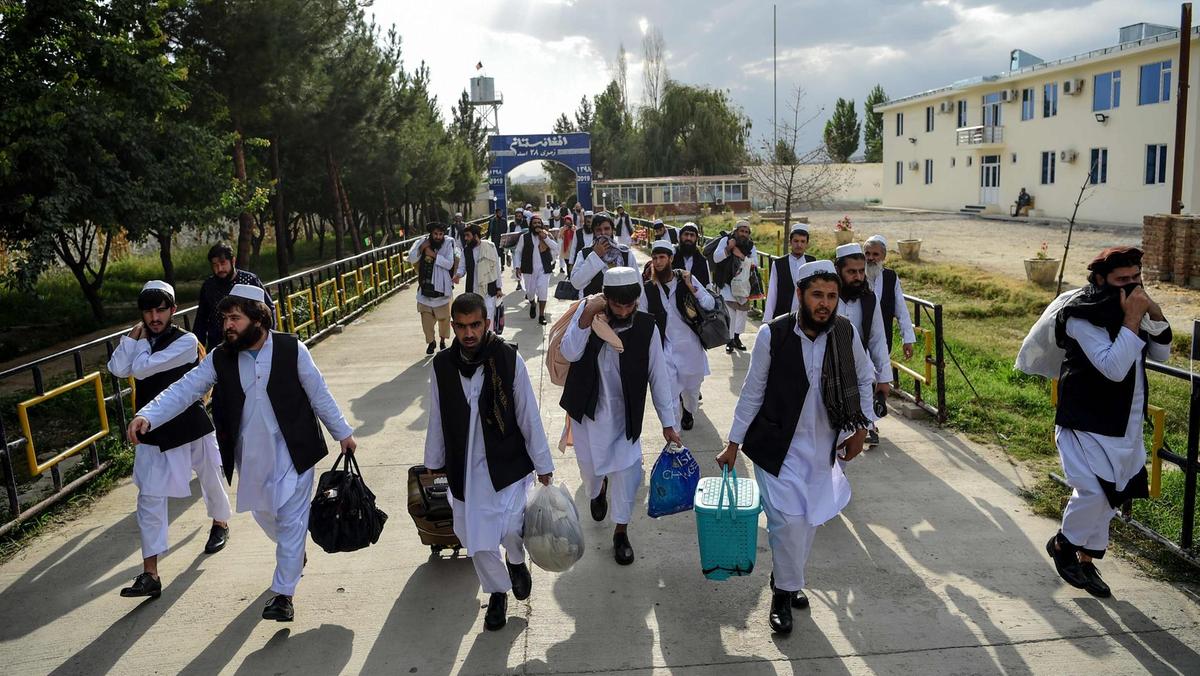When Afghan President Ashraf Ghani recommended the first-ever ceasefire with the Taliban in 2018, many Taliban fighters and Afghans did not know what to expect. Few seemed to know or remember what it was like to live in a peaceful Afghanistan in which war was not waged on a daily basis.
This made the prospect of a truce, however brief, extremely thrilling. Even before the ceasefire began, some Afghan soldiers rode their vehicles into Taliban-controlled territory to greet the fighters. At the same time, insurgents cautiously ventured into the cities controlled by the government, where civilians welcomed them with colourful garlands and heartfelt embraces so familiar to Afghans. Young people, including many women, approached the fighters, many of whom were also young, for selfies and conversations on ending the war.
For three days, all Afghans broke bread together, raising hopes for a future of peace. But shortly after the historic truce ended, the Taliban launched attacks on government checkpoints across provinces in the north and west of the country.
A second ceasefire this May held for a few days before lapsing. And so lasting peace continued to evade Afghans.
Last week, the Taliban called a third ceasefire for the occasion of Eid Al Adha. It got off to a rough start. A car bomb explosion in the Logar province, near the capital, exploded just hours before it was due to start, and resulted in the deaths of 40 civilians.
The truce concluded on Sunday, with 38 incidents of violence being reported across provinces. Nearly 60 civilians were killed, all of them attributed to the Taliban. This does not include an 18-hour-long attack launched by the Afghan branch of ISIS, which claimed 20 lives in the Nangarhar province.
The US, which reached an agreement with the Taliban on February 29 to bring about a reduction of violence in Afghanistan, has put on a brave face through all of this. But it is difficult to deny that its deal is barely holding up. If anything, the insurgents have provided ample evidence that they do not take peace efforts seriously.
After countless meetings, negotiations and three ceasefires, the Taliban continue their campaign of bloodshed.
Read the full article on The National
In its latest report, the office of the US Special Inspector General for Afghanistan Reconstruction (SIGAR) elaborates upon the Taliban’s inability to adhere to the conditions of the deal, which included a commitment to cut ties with foreign terror groups – especially Al Qaeda. Among other things, SIGAR cites a UN monitoring report stating that the Taliban’s relationship with Al Qaeda remained “close, based on friendship, a history of shared struggle, ideological sympathy and intermarriage”.
